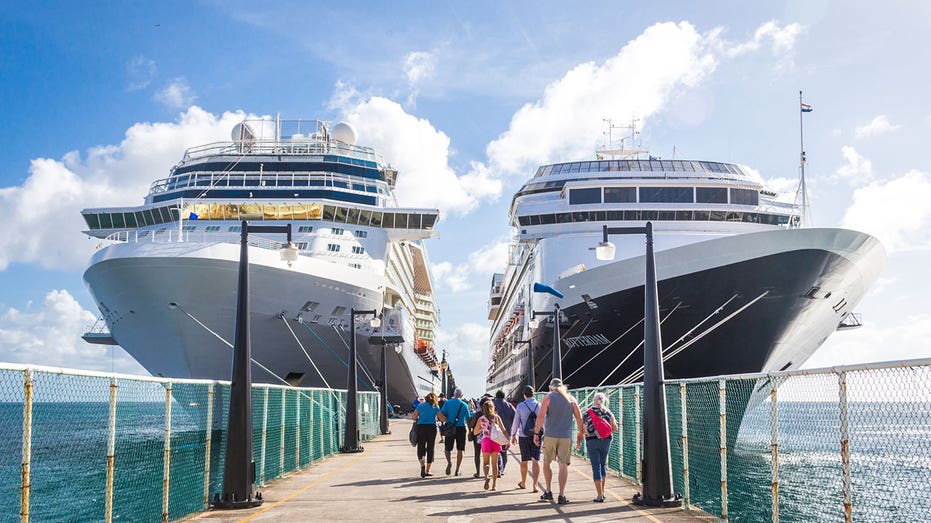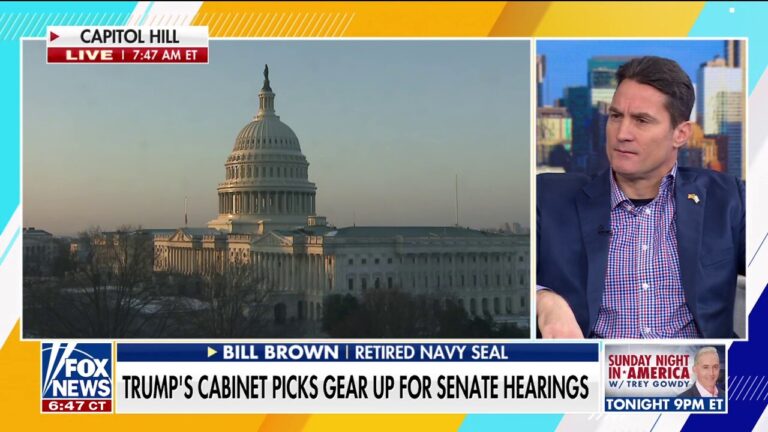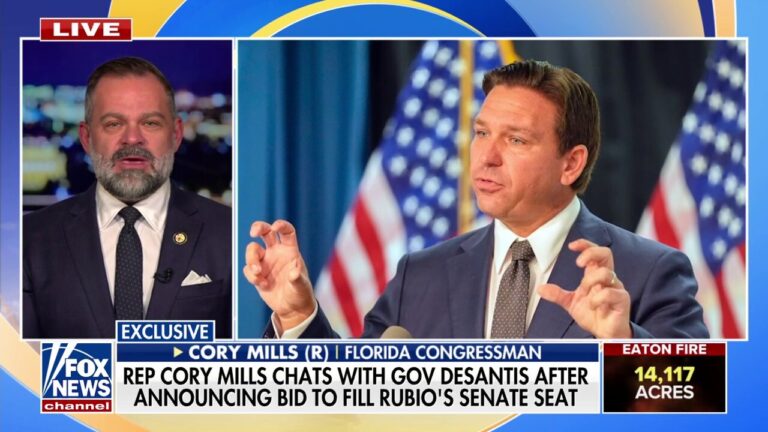
The new tax facing cruise passengers in Mexico will be pushed back until July 2025 after backlash ensued from cruise associations who fear the fee will negatively affect ports.
The recently announced cruise tax to hit passengers who are traveling through Mexico will be delayed.
Following some “disappointment at [the] current situation,” the Florida-Caribbean Cruise Association (FCCA) announced the six-month tax implementation delay, according to a press release.
The new Federal Law of Rights tax on cruise passengers was supposed to take place beginning Jan. 1, but after a meeting with Mexican government officials last week, the FCCA has postponed the implementation until July 1, 2025.
MEXICO TO IMPOSE TAX FOR CRUISE SHIP VISITORS STARTING IN 2015
“While the proposed postponement provides a temporary reprieve, FCCA stresses that more comprehensive measures are required to address broader concerns about the tax’s devastating impact on cruise tourism, Mexico’s economy, and the livelihoods of its coastal communities,” the FCCA’s press release said.
Following the six-month delay, tourists aboard cruise ships will be charged an additional $42 per passenger in taxes and fees.
Before the tax delay was announced, Fox News Digital spoke with Stewart Chiron, a Miami-based cruise industry expert known as “The Cruise Guy,” who anticipated some sort of “amicable solution” would be made between cruise industry executives following the initial tax announcement.
He also said that cruise passengers may opt “to skip” visiting Mexico if they had to pay an additional fee.
FLIGHT PASSENGERS VISITING THIS VACATION SPOT WILL HAVE TO PAY A FEE JUST TO LEAVE THE ISLANDS
“This is a staggering 213% more than the average cost at Caribbean ports, raising serious questions about the competitiveness of Mexican destinations in the global cruise market,” FCCA officials said.
The FCCA warned that such a financial burden will deter cruise tourists from going into Mexico or alter their itineraries, especially when some will spend such little time there.
The lack of tourists in the area will then “create economic ripple effects in communities that heavily rely on cruise tourism,” the FCCA added.
The organization also noted that this tax does not affect people coming over the border who spend seven or less days in Mexico, compared to people aboard a cruise ship who may only be stationed at the port for a few hours and are not exempt from the tax.
GREECE TO IMPOSE TAX FOR CRUISE VISITORS ON POPULAR ISLANDS TO COMBAT OVERTOURISM
The FCCA noted that even if 15% fewer cruise ships call into Mexican ports following the tax implementation, it could negate the anticipated benefits of the tax.
“With over 10 million passengers expected in 2025, even a minimal decrease in cruise traffic would result in millions of dollars in lost revenue for local businesses, tours, and services – offsetting or even surpassing the total tax revenue projected from the measure,” the FCCA’s release said.
“Such outcomes could inflict significant harm on Mexico’s tourism-dependent communities, undermining the tax’s purpose.”
The Mexican Association of Cruises responded to the tax, calling it “disastrous,” noting the negative impact it could have on popular Mexican tourist destinations.
CLICK HERE TO SIGN UP FOR OUR LIFESTYLE NEWSLETTER
“If implemented, we expect to see a progressive drop in arrivals, which will significantly affect employment for taxi drivers, tour guides, artisans, waiters, restaurateurs, craft store owners, pharmacies, and more.”
“Mexico will lose its competitiveness, becoming one of the most expensive cruise destinations in the world,” said the the Mexican Association of Cruises.
Following the initial announcement of the tax implementation, FCCA CEO Michele Paige penned a letter to Mexican President Claudia Sheinbaum Pardo, expressing her disappointment and concern, Fox News Digital reported.
Since the announcement of the delay, Paige has been thanking the Mexican government for listening to her concerns.
For more Lifestyle articles, visit foxnews.com/lifestyle
“The removal of the in-transit tax exemption – which was provided to our industry over a decade ago for valid reasons that still apply today – was done without our prior input and after the legislation was passed,” Paige said, according to the FCCA’s press release.
“It is ironic that until this law was abruptly announced the industry was looking to grow business in Mexico, and now the opposite will occur,” Paige added.
Paige said the delay in communication from the government shows a lack of “authentic commitment” between them and the cruise industry, which has benefited the economic development of the country for many years.
“We look forward to the opportunity to continue meaningful dialogue around a balanced solution that protects Mexico’s communities, supports its vibrant tourism industry, and ensures the affordability of cruise travel for our guests,” Paige continued.
Paige thanked other officials across Central America and the Caribbean who contacted the FCCA’s member lines, “and invited them to relocate itineraries to their jurisdictions with open arms.”
Fox News Digital’s Ashley DiMella contributed to this report.






